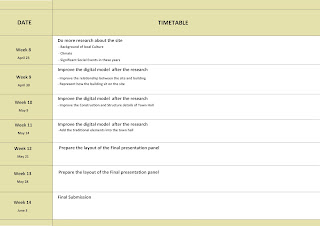General Information
The Loess Plateau also known
as the Huangtu Plateau, is a plateau
that covers an area of some 640,000 km² in the upper and middle reaches of China's
Yellow River. Loess is the name for the silty sediment that has been deposited
by wind storms on the plateau over the ages. Loess is a highly erosion-prone
soil that is susceptible to the forces of wind and water; in fact, the soil of
this region has been called the "most highly erodible soil on earth. The
Loess Plateau and its dusty soil cover almost all of Shanxi and Shaanxi
provinces.
Shanxi is
famous for its great number of temples, pagodas and frescoes, such as Jinci
Temple, Wooden Pagoda in Yingxian County and Guandi Temple in Xiezhou, etc. It
is thus reputed as a "Museum of Ancient Arts".
Wutai Mountain In Shanxi
Pingyao Gucheng
Shanxi is one
of the birthplaces of the ancient civilization of the Chinese Nation. The
national major famous scenic areas include Mt. Wutai, Mt. Ilengshan, Hukou
Falls, Yungang Grottoes, etc.
Climate
The
plateau generally has a semi-arid Climate, with extensive monsoonal influence.
Winters are cold and dry, while summers are very warm and in many places hot.
Rainfall tends to be heavily concentrated in summer, and the area receives
extensive amounts of sunshine







